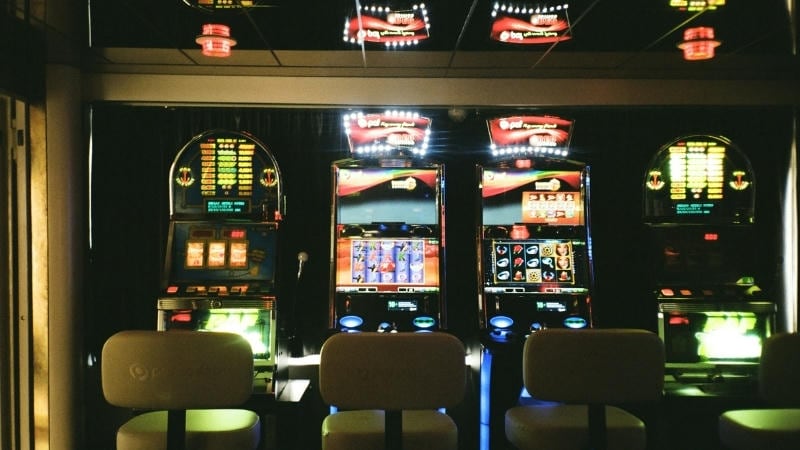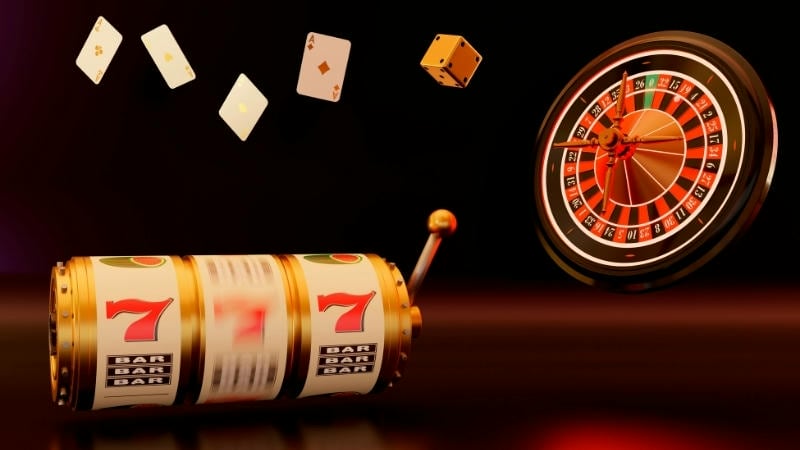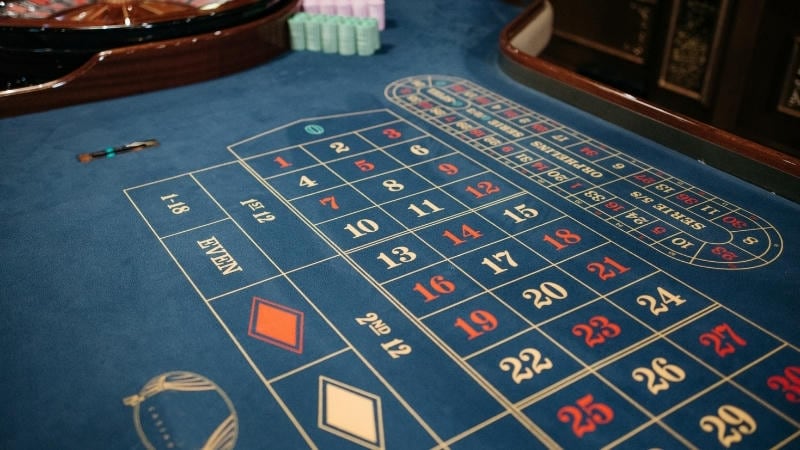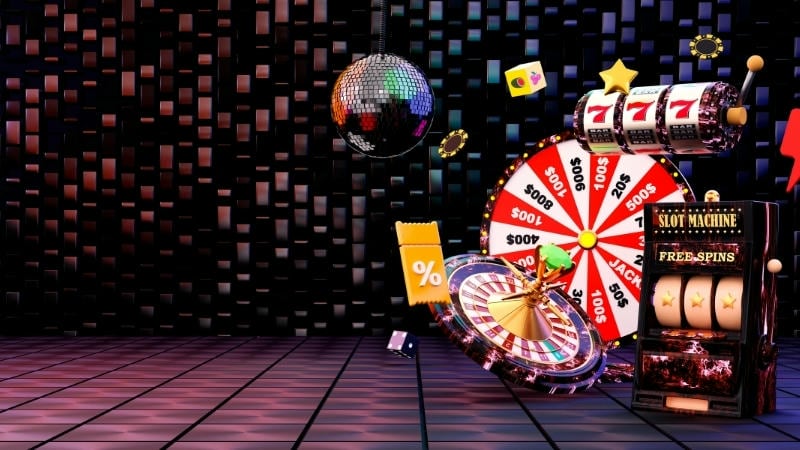Have you ever wondered why each spin in slot games at 91 Club gives a different result? The answer lies in a system called RNG (Random Number Generator). So, how RNG works in slot games? Let’s uncover the secret behind your luck!
How RNG creates results in every slot spin
Whenever you press “Spin” on any slot game—whether online or on a physical machine—the outcome isn’t based on timing, reflex, or luck in the traditional sense. Instead, it’s the result of ultra-fast calculations by an embedded RNG system.

RNG (Random Number Generator) is a software program that generates thousands of numbers per second—often more than 100,000 per second. Each of these numbers corresponds to a particular outcome on the slot’s reel setup. When you press “Spin,” the system instantly captures the number being generated at that exact microsecond and translates it into the symbols you see on the screen.
For example:
- A 5-reel slot with 10 symbols per reel has 10⁵ = 100,000 possible outcomes.
- The RNG selects a number between 1 and 100,000 to determine your spin result.
- This entire process happens in under 0.01 seconds.
The result? There are no “lucky spins” or “timing tricks”—each result is truly independent and impossible to predict or manipulate. No matter how often or when you spin, your chance of landing a specific outcome is exactly the same every time. This is why strategies like “timing your spins” or “waiting for a cold machine to heat up” are largely myths. The math doesn’t work that way.
Is RNG really random—or is it controlled by casinos?
Here’s where the concept of House Edge comes in. While RNG ensures that each spin result is fair and free from manual interference, that doesn’t mean the game is entirely fair from the player’s perspective.
In truth, RNG is just a tool. Every slot game is pre-programmed with a fixed Return to Player (RTP) rate. For example: A slot with a 96% RTP means that, on average, for every $1,000,000 wagered, $960,000 is paid back to players—and the casino keeps $40,000. That’s a House Edge of 4%.
Game developers and casinos don’t control individual outcomes, but they do design the probability of each winning combination to ensure the results stay within those parameters over time.

So while each spin is random, the system is mathematically structured to produce a predictable long-term profit. That’s why you might see someone hit a jackpot next to you—but overall, the house still wins. In fact, the illusion of unpredictability is what keeps players engaged. But beneath the surface lies a carefully coded system designed for consistent returns.
This also means no two slot games are the same. One may have a House Edge of 3%, another 7%. That small difference can drastically impact your outcome over hundreds or thousands of spins. Smart players take time to check game stats—something most casual users ignore.
Why you win big then lose fast: The role of volatility
Another key factor here is variance and volatility—terms that describe how frequent and how big the payouts in a slot game can be. Slot games are often categorized into three volatility types:
- Low volatility: Frequent small wins, rarely any big payouts
- Medium volatility: A mix of small wins and occasional big hits
- High volatility: Rare wins, but massive payouts when they happen
For example, a high-volatility slot might award you $10,000 in just a few spins, but the odds of that happening could be 1 in 500,000. You may spin hundreds of times without winning anything significant, draining your bankroll before hitting a big prize.
Interestingly, RNG stays the same across all these volatility levels. The randomness is consistent—but the payout structure and symbol distribution are what define volatility. High-volatility games assign lower probabilities to big payouts but offer higher rewards when they land. Conversely, low-volatility slots payout more frequently, but in smaller amounts.
This explains why many players experience “hot” and “cold” streaks, even when each spin is technically random. The game is designed to feel rewarding just often enough to keep you playing. Combined with the constant possibility of hitting something huge, this becomes a powerful psychological hook.

The longer you play, the more these mechanics work in favor of the house. Even if you win early, continuing to play without a defined exit plan often leads to losses due to the persistent influence of House Edge.
Is RNG the same in slots and Live Casino games?
That’s a good question. In Live Casino games like Baccarat, Blackjack, or real-time Roulette, the RNG isn’t the main mechanism—because the outcomes are physically determined by real dealers, real cards, or real spinning wheels.
However, in many automated or hybrid games, RNG plays a central role. These include:
- Auto Roulette: It may display a video of a real wheel, but the result is generated entirely by RNG.
- Video Blackjack or Virtual Baccarat: These use RNG to simulate shuffling and dealing, mimicking live play.
In all cases, whether the game uses RNG or not, the outcomes are still subject to a mathematical framework. This ensures the casino’s expected margin—its House Edge—remains intact. No matter how fair or real the experience feels, the game is statistically optimized to favor the house over time.
What does this mean for you? It means you must view every casino game—be it a slot or live table—as part entertainment, part math. Understanding how the system is designed is the only way to set realistic expectations and manage your risk.
Understanding how RNG works in slot games helps you play smarter and more responsibly at 91 Club. RNG ensures fairness and transparency in every spin — the key to enjoying the game while managing your expectations effectively.

